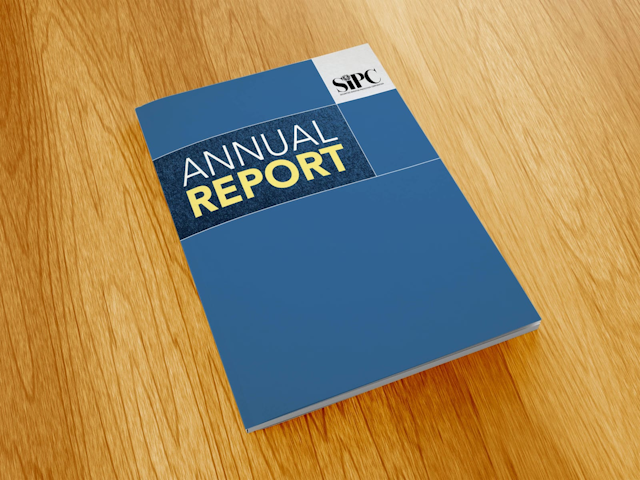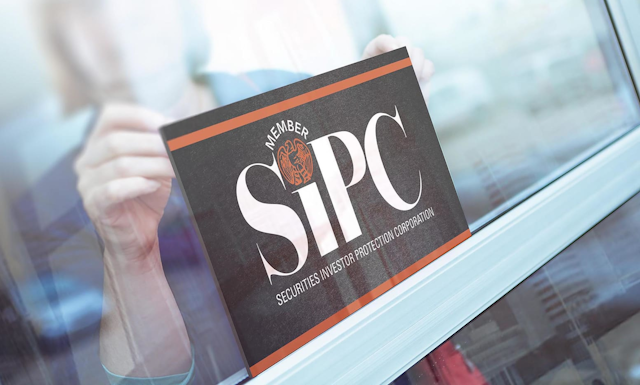WASHINGTON, D.C. - December 12, 2011 – The Securities Investor Protection Corporation said today that it will defend itself against a U.S. Securities and Exchange Commission lawsuit over claims of investor losses related to the Stanford Antiguan bank fraud case.
"We have great sympathy for the victims of this extraordinary Ponzi scheme that inflicted heartbreaking losses on thousands of people across the world," said Orlan M. Johnson, Chairman of the Securities Investor Protection Corporation. "But, SIPC must adhere to the requirements established by Congress. After careful and exacting analysis, we believe the SEC's theory in this case conflicts with the Securities Investor Protection Act, the law that created SIPC and has guided it for the last 40 years."
The SEC is taking the unprecedented position that SIPC must provide financial guarantees for investors who chose to purchase CDs issued by an offshore bank in Antigua. If accepted, that position would rewrite SIPC's 40-year mandate under the law. SIPC is limited by law to protecting customers against the loss of missing cash or securities in the custody of failing or insolvent SIPC member brokerage firms. SIPC was not chartered by Congress to combat misrepresentation or fraud or guarantee an investment's value.
"SIPC is not the equivalent of the FDIC for investment fraud," said Stephen P. Harbeck, President of the Securities Investor Protection Corporation. "Congress considered whether to guarantee investment losses and rejected that sort of protection as unrealistic and inappropriate."
Mr. Harbeck said that it is not legally possible for SIPC to provide financial guarantees for these victims, whose claims are about CDs issued by the Stanford International Bank in Antigua. "If accepted, the SEC's unprecedented position would have serious and far-reaching consequences. The SEC is demanding protection for what we believe to be ineligible claims under the Securities Investor Protection Act. Expanding the protection in that way would ignore SIPC's statutory mandate, would vastly exceed SIPC's Fund, and would jeopardize the availability of the Fund for the legitimate purposes for which it was created."
Although SIPC has not had an opportunity to review the lawsuit, Mr. Harbeck described the matter as a disagreement about whether the Securities Investor Protection Act applies to the unique facts of the Stanford Antiguan bank fraud.
"Given the diametrically opposed positions of the SEC and SIPC, this matter is going to have to be resolved in the courts," Mr. Harbeck said. "The courts have a process in place for examining both the facts and the law to test the SEC's position."
































